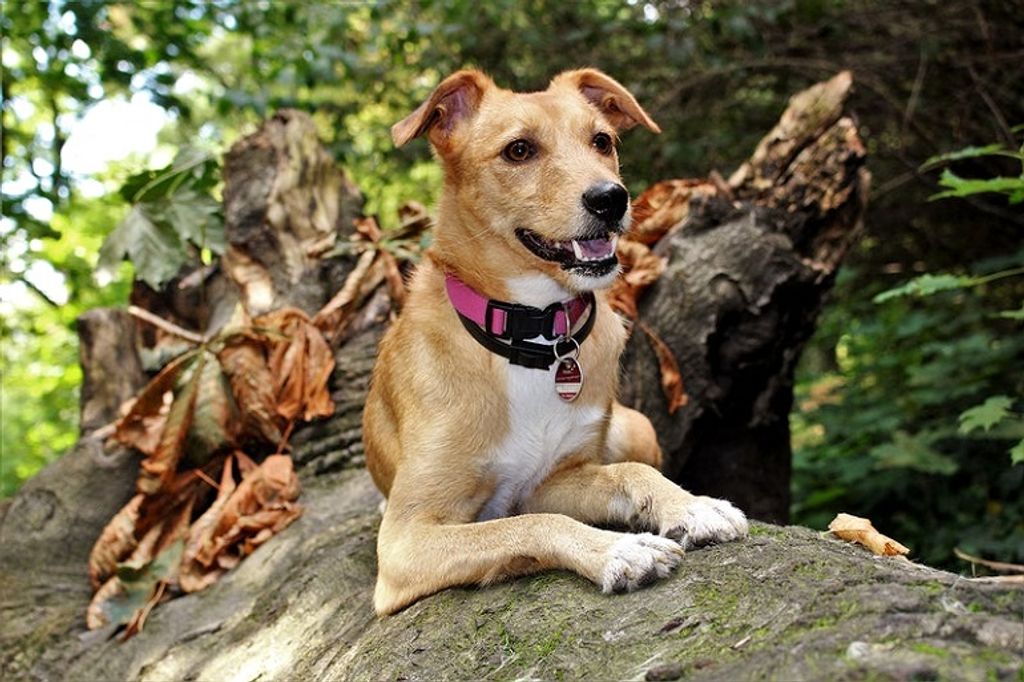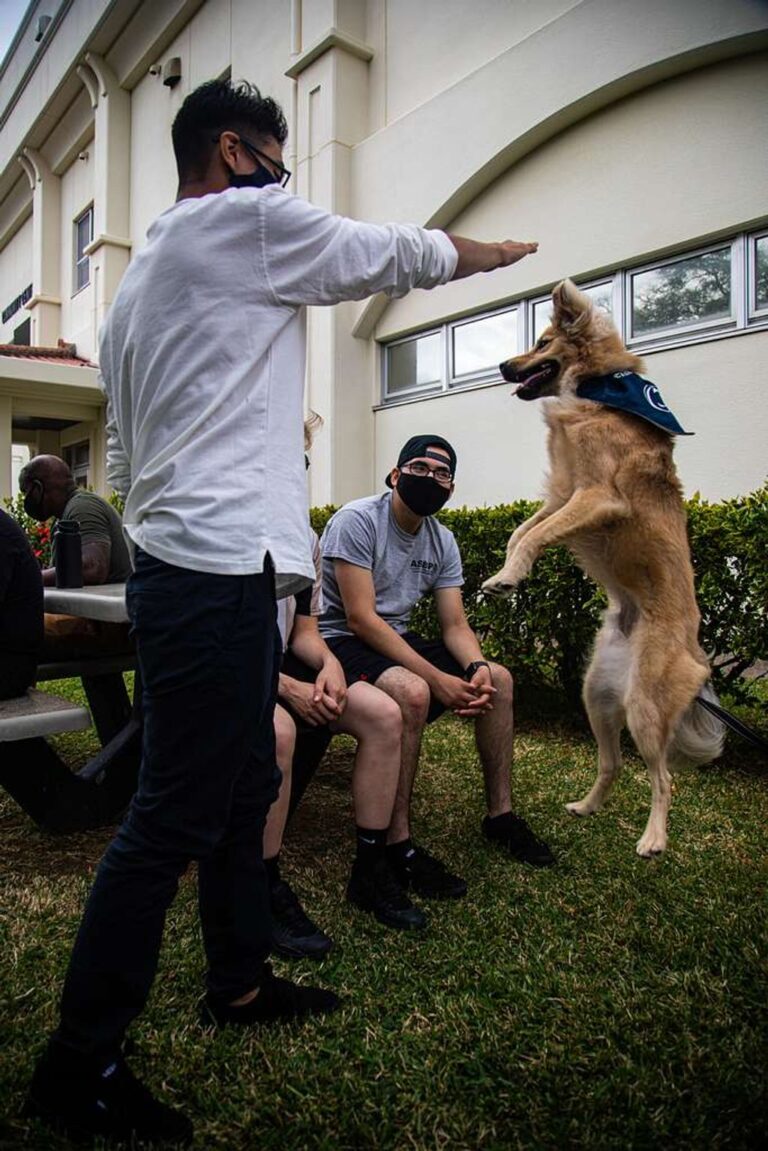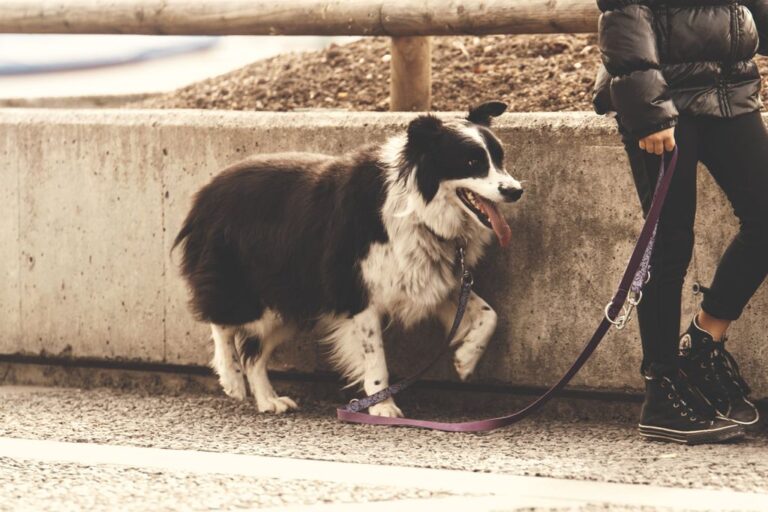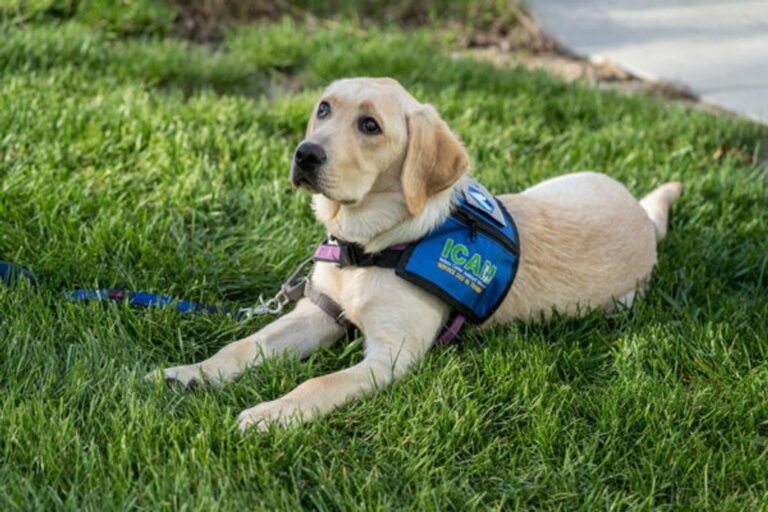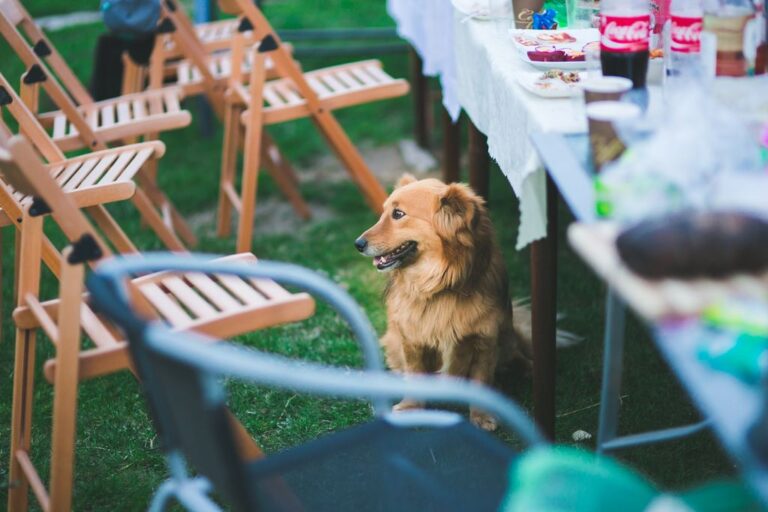Tips for Choosing a Responsible Dog Breeder
Choosing a responsible dog breeder is crucial when looking to add a furry friend to your family. Not only does a reputable breeder ensure that you are getting a healthy and well-socialized puppy, but they also support you throughout the adoption process and beyond. By following these tips, you can find a responsible dog breeder who prioritizes the well-being of their dogs and provides the necessary care and support for their puppies.
Key Takeaways
- Research local breeders and check their reputation
- Ask for recommendations from trusted sources
- Read online reviews about the breeder
- Visit the breeder’s facility and observe the living conditions
- Meet the breeder and ask questions about their breeding practices
Finding a Reputable Breeder

Researching Local Breeders
When it comes to researching local breeders, we want to make sure we are working with reputable organizations for health certifications. This is important because it ensures that the dogs we are considering are healthy and have undergone the necessary health tests. By partnering with reputable organizations, we can have peace of mind knowing that the breeders we choose have met the highest standards of health and care for their dogs.
Asking for Recommendations
When looking for a responsible dog breeder, asking for recommendations can be a great way to start your search. Word of mouth is often the best way to find trustworthy breeders who have a good reputation. Talk to friends, family, and fellow dog owners to see if they have any recommendations. They may have personal experiences with breeders and can provide valuable insights.
Additionally, consider reaching out to local dog clubs or organizations. They often have a network of reputable breeders and can point you in the right direction. Don’t be afraid to ask for multiple recommendations and do your own research to ensure you find the best fit for you and your future furry friend.
Here are a few tips to keep in mind when asking for recommendations:
- Be specific about the breed you are interested in. Different breeders specialize in different breeds, so it’s important to find one that has experience with the specific breed you want.
- Ask about the breeder’s reputation and track record. Have they produced healthy and well-socialized puppies in the past?
- Inquire about the breeder’s communication and support. Are they responsive to questions and concerns? Do they provide ongoing support after the adoption?
Remember, receiving recommendations is just the first step in finding a responsible dog breeder. It’s important to do your own research and visit the breeder in person to ensure they meet your standards and align with your values.
Checking Online Reviews
When it comes to finding a responsible dog breeder, online reviews can be a valuable resource. They provide insights from other dog owners who have had experiences with the breeder. Reading these reviews can give us a better understanding of the breeder’s reputation and the quality of their dogs. However, it’s important to approach online reviews with a critical eye. Not all reviews may be genuine or accurate, so it’s essential to consider multiple sources and look for patterns in the feedback.
Visiting the Breeder

Observing the Living Conditions
When visiting a breeder, it’s crucial to take a close look at the living conditions of the dogs. We want to ensure that the dogs are being raised in a clean and comfortable environment. This includes proper shelter, access to clean water, and adequate space to move around. We also pay attention to the overall cleanliness of the area and the absence of any strong odors. By observing the living conditions, we can get a sense of how well the breeder cares for their dogs.
Meeting the Breeder
When we finally get the chance to meet the breeder, it’s an exciting moment for us. We want to make sure that we have a good rapport with them and that they are knowledgeable and passionate about their dogs. It’s important to ask them about their experience and how long they have been breeding dogs. We also want to see their facilities and observe how the dogs are cared for. This will give us a sense of the breeder’s commitment to the well-being of their dogs. Additionally, we can ask for testimonials from satisfied customers to get a better understanding of the breeder’s reputation and the quality of their puppies.
Interacting with the Dogs
When interacting with the dogs, we should pay close attention to their behavior and body language. It’s important to observe if they are friendly, energetic, and responsive. We should also look for signs of fear or aggression, such as growling or snapping. If the dogs seem comfortable and approachable, we can gently pet them and see how they react. Remember, each dog has its own personality, so we should be patient and understanding.
In addition to observing the dogs, we can also ask the breeder questions about their temperament and socialization. We can inquire about how the breeder socializes the puppies and exposes them to different environments and stimuli. This helps ensure that the puppies are well-adjusted and ready for their new homes.
To get a better sense of the dogs’ behavior, we can also ask the breeder if we can spend some time playing with them. This allows us to see how they interact with us and if they are comfortable being handled. We can engage in gentle play, such as tossing a toy or playing a game of fetch. It’s a fun way to bond with the dogs and assess their temperament and energy levels.
Remember, interacting with the dogs is an important part of choosing a responsible dog breeder. By paying attention to their behavior, asking questions, and spending time with them, we can make a more informed decision and find a breeder that prioritizes the well-being and socialization of their dogs.
Health and Genetic Testing

Inquiring About Health Certifications
When it comes to the health of our future furry family member, we want to make sure we are getting a puppy from a responsible breeder. Inquiring about health certifications is an important step in this process. By asking the breeder about the health certifications of the parent dogs, we can ensure that they have been screened for any genetic health issues. This gives us peace of mind knowing that our puppy is less likely to develop any hereditary conditions.
Asking About Genetic Testing
When it comes to genetic testing, we want to make sure that the breeder has taken the necessary steps to ensure the health of their dogs. It’s important to ask the breeder if they have conducted any genetic tests on their breeding dogs to screen for potential health issues. By doing so, they can help prevent the transmission of genetic diseases to future generations. Genetic testing can provide valuable information about the dog’s health and help breeders make informed decisions when it comes to breeding. It’s also a good idea to inquire about the results of the genetic tests and ask for documentation to verify the health status of the breeding dogs.
Understanding the Breeder’s Health Guarantee
When it comes to the breeder’s health guarantee, it’s important to understand what it entails. This guarantee is a promise from the breeder that the puppy you are adopting is in good health and free from any genetic or hereditary diseases. It provides you with reassurance that the breeder has taken the necessary steps to ensure the health of their puppies. Matching puppies to owners is a crucial aspect of responsible breeding. Breeders should carefully assess the needs and lifestyle of potential owners to ensure a good match. This helps to minimize the risk of the puppy being returned or ending up in an unsuitable home.
Socialization and Training

Learning About Socialization Practices
When it comes to learning about socialization practices, it’s important to connect with a breeder who understands the importance of early socialization. A responsible breeder will expose their puppies to various stimuli and experiences, helping them develop into well-rounded dogs. By connecting with a breeder who prioritizes socialization, you can ensure that your new furry friend will be comfortable in different environments and with different people. This will make their transition into your home much smoother.
Inquiring About Training Methods
When it comes to training methods, we want to ensure that the breeder uses positive reinforcement techniques. This means that they focus on rewarding good behavior rather than punishing bad behavior. Positive reinforcement is not only more effective, but it also creates a stronger bond between the dog and their owner. It’s important to ask the breeder about the specific training methods they use and how they approach different behaviors.
To get a better understanding of their training philosophy, we can ask questions like:
- Do they use treats or toys as rewards?
- How do they handle behavioral issues?
- Do they offer any training resources or support after adoption?
Remember, a responsible breeder will prioritize the well-being and happiness of their dogs, and their training methods should reflect that.
Assessing the Puppy’s Behavior
When it comes to assessing the puppy’s behavior, we need to pay close attention to their actions and reactions. It’s important to observe how they interact with people and other dogs, as well as their overall temperament. Understanding the puppy’s behavior can give us valuable insights into their personality and potential challenges we may face in the future. By spending time with the puppy and observing their behavior in different situations, we can get a better understanding of their temperament and how well they may fit into our family dynamic.
Support and Aftercare

Asking About Post-Adoption Support
When considering a responsible dog breeder, it’s important to inquire about the post-adoption support they provide. This support can make a big difference in ensuring a smooth transition for both you and your new furry friend. A breeder who genuinely cares about the well-being of their puppies will be there to offer guidance and assistance even after the adoption process is complete.
One way to assess the level of post-adoption support is to ask the breeder about any resources or materials they provide. This could include things like a puppy care guide, training tips, or recommendations for local veterinarians. A breeder who goes the extra mile to provide these resources shows a commitment to the long-term well-being of their puppies.
Another important aspect to consider is the breeder’s availability for questions or concerns. A responsible breeder will be accessible and willing to answer any questions you may have, whether it’s about training, health issues, or general care. They should be a reliable source of information and support throughout your dog’s life.
Understanding the Breeder’s Return Policy
When considering a responsible dog breeder, it’s crucial to understand their return policy. This policy outlines the breeder’s guidelines for returning a dog if the need arises. Return policy is an important aspect to consider, as it reflects the breeder’s commitment to the well-being of their dogs. It shows that they are willing to take responsibility for the puppies they produce and ensure they find suitable homes. Dog training is another factor to consider when discussing the return policy. A breeder who emphasizes the importance of training is more likely to produce well-behaved and socialized puppies.
Receiving Documentation and Pedigree
After finalizing the adoption process, the breeder will provide us with the necessary documentation and pedigree for our new furry family member. This includes important documents such as the puppy’s health records, vaccination history, and registration papers. It is crucial to carefully review these documents to ensure the dog and puppy well-being. We should pay close attention to any health issues or genetic conditions that may be mentioned in the records. Additionally, the pedigree will give us valuable information about the lineage and ancestry of our dog, which can help us understand its characteristics and potential health risks.
In Conclusion
Choosing a responsible dog breeder is crucial when looking to bring a furry friend into your life. By following these tips, you can ensure that you find a breeder who prioritizes the health and well-being of their dogs. Researching local breeders, asking for recommendations, and checking online reviews are all important steps in finding a reputable breeder. When visiting the breeder, make sure to observe the living conditions, meet the breeder, and interact with the dogs to get a sense of their environment. Inquire about health certifications, genetic testing, and the breeder’s health guarantee to ensure that the puppies are healthy and free from genetic diseases. Additionally, learning about the breeder’s socialization practices, training methods, and assessing the puppy’s behavior can give you insight into their upbringing. Lastly, ask about post-adoption support, understand the breeder’s return policy, and make sure to receive proper documentation and pedigree. By considering these factors, you can find a responsible dog breeder who will provide you with a happy and healthy companion for years to come.
Frequently Asked Questions
What should I look for in a responsible dog breeder?
A responsible dog breeder should prioritize the health and well-being of their dogs, conduct health and genetic testing, provide proper socialization and training, and offer support and aftercare to new owners.
How can I find a reputable dog breeder?
You can find a reputable dog breeder by researching local breeders, asking for recommendations from trusted sources, and checking online reviews.
What should I observe when visiting a breeder?
When visiting a breeder, you should observe the living conditions of the dogs, meet the breeder in person, and interact with the dogs to assess their behavior.
What health certifications should a responsible breeder have?
A responsible breeder should have health certifications for the breeding dogs, such as hip and elbow evaluations, eye and heart certifications, and genetic testing for common breed-specific diseases.
What is the breeder’s health guarantee?
The breeder’s health guarantee outlines the breeder’s responsibility to provide a healthy puppy and may include provisions for genetic health issues. It is important to understand the terms and conditions of the health guarantee before making a purchase.
What kind of support can I expect from the breeder after adopting a puppy?
A responsible breeder should offer post-adoption support, such as guidance on training and care, and be available to answer any questions or concerns that may arise.
